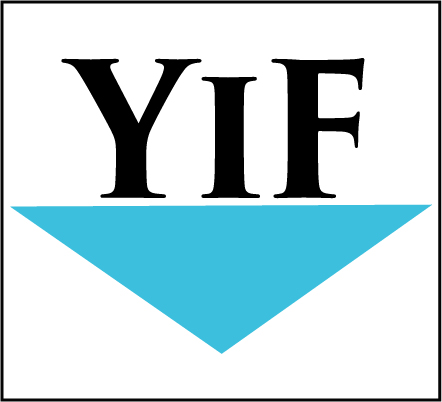The Wonderful Story of Henry Sugar: Wes Anderson’s Return to the Short Form
Wes Anderson’s The Wonderful Story of Henry Sugar (Netflix, 2023) proves that the short form can be as intricate, layered, and emotionally resonant as a feature, when it’s in the right hands.
Based on Roald Dahl’s story, the 39-minute film follows wealthy Henry Sugar, who discovers a mystical technique that allows him to see without using his eyes. He perfects it to cheat at gambling but ends up finding a different kind of vision altogether.
I do like this film and it definitely pushes the boundaries for short films as far as running time, but I don’t think that should take away from the accomplishment. For one, some think you can’t or shouldn’t put this story in a short format, but here Anderson accomplishes exactly that.
A Miniature Masterpiece
Anderson stages the film like a storybook brought to life. Sets slide open, actors narrate directly to camera, and the action unfolds in nested stories; one character recounting another’s tale, who recounts another’s.
It feels theatrical, self-aware, and deliberately artificial, yet somehow emotionally authentic. How does he pull it off? The film is fun, like a story book would be. You engage with the characters.
Benedict Cumberbatch leads as Henry Sugar, joined by Ralph Fiennes, Dev Patel, and Ben Kingsley, each playing multiple roles. The performances are crisp, playful, and full of rhythm, like prose turned into choreography. I think actors would love working on a creative project like this.
Visually, it’s everything you expect from Anderson: precision, symmetry, pastel color palettes, and a handcrafted texture that feels very Wes Anderson.
Critics & Awards
The film earned near-universal acclaim and won the 2024 Academy Award for Best Live Action Short Film.
Critics praised its balance of literary faithfulness and cinematic invention, calling it “a storybook within a storybook” and a reminder of how Anderson can compress an entire world into under 40 minutes. That’s always the challenge of a short. For writers it is so difficult to pack character development and story into so little space.
Some might find the pacing too brisk and a little over-styled. But for fans of Anderson or Dahl, it’s a nice blend; equal parts charm, intellect, and cinematic craftsmanship.
Anderson’s Roots in Short Filmmaking
It’s fitting that Anderson returns to short form here, his career began with one.
In 1992, he co-wrote and directed a 13-minute black-and-white short called Bottle Rocket with Owen Wilson. That film premiered at Sundance, caught producer James L. Brooks’s attention, and became the blueprint for Anderson’s first feature (1996).
Even then, the fingerprints were there: deadpan humor, quirky friendship dynamics, meticulously framed shots.
Later, Anderson would revisit the short format with Hotel Chevalier (2007) and Castello Cavalcanti (2013), proof that he never abandoned the format that launched him. This speaks to his creative prowess and shows how passionate he is about the craft.
The Word
The Wonderful Story of Henry Sugar feels like Anderson coming full circle, using his visual language to craft something intimate, whimsical, and very much in his style.
It’s both a celebration of storytelling and a quiet reminder that brevity can be cinematic power. When a big director makes a short, I am always looking at it as a student would. You get a really good glimpse at a highly skilled filmmaker making interesting decisions. I really enjoyed it.
Watch it on Netflix, or in the Oscar Shorts 2024 Collection.
